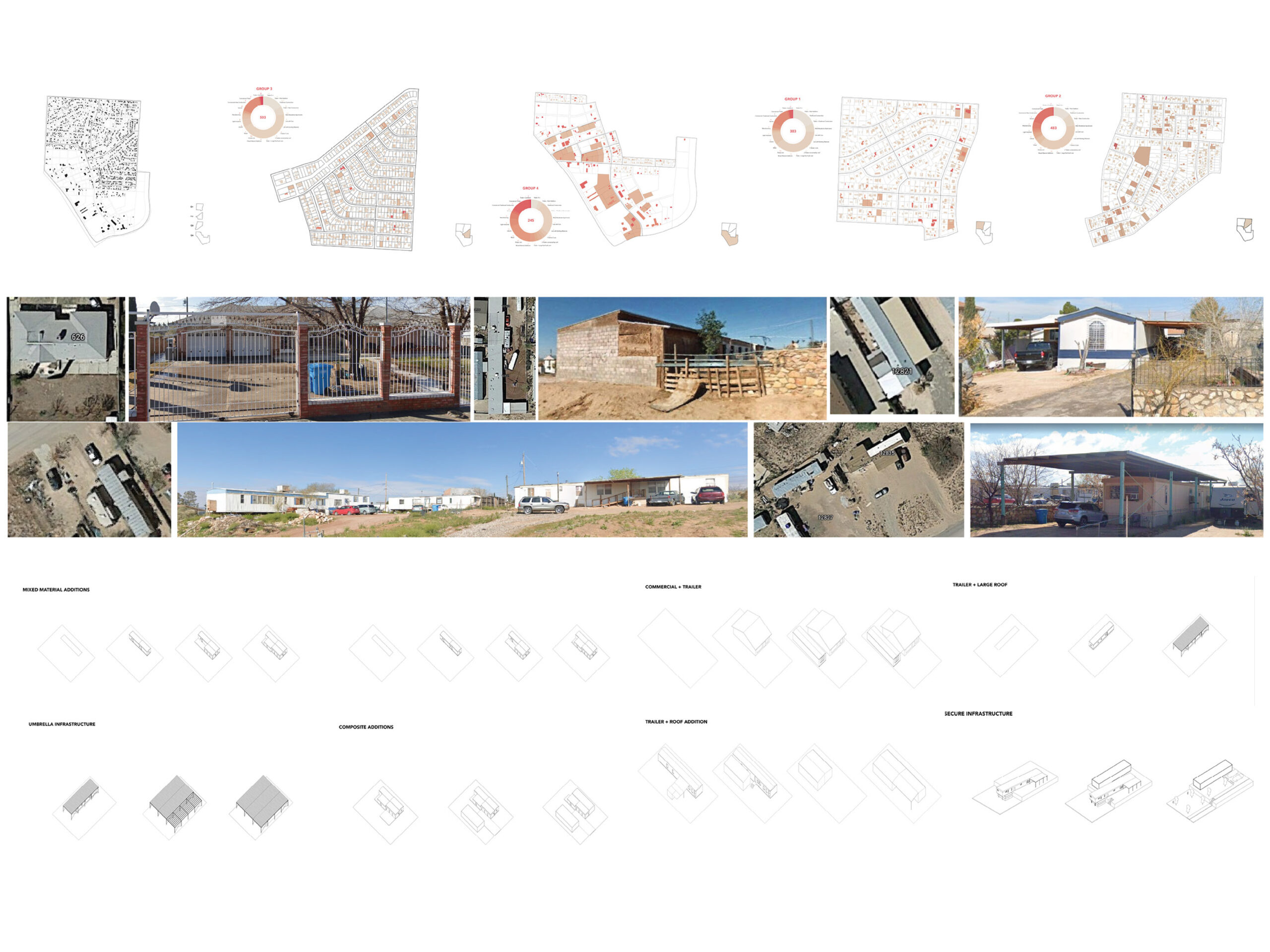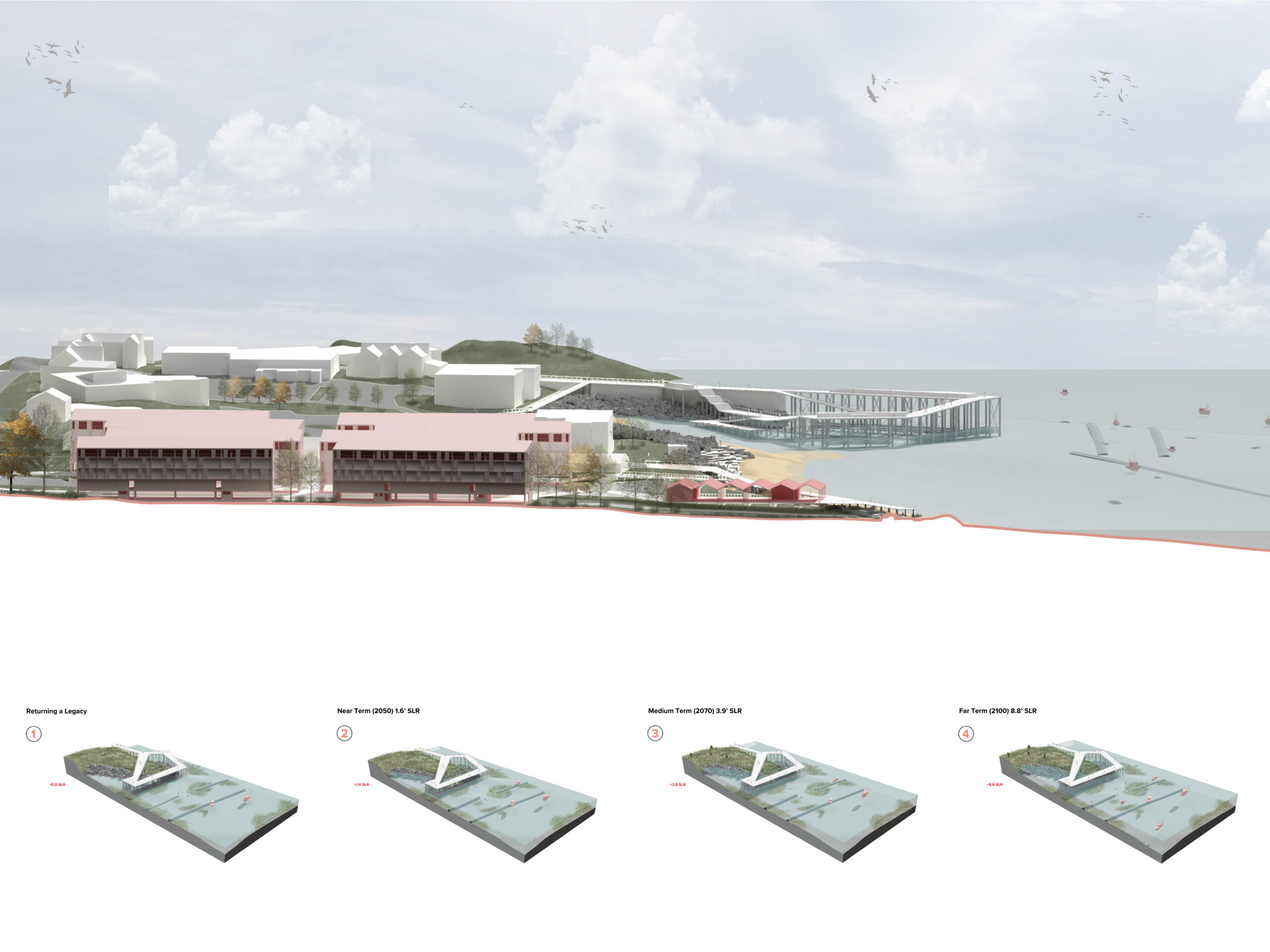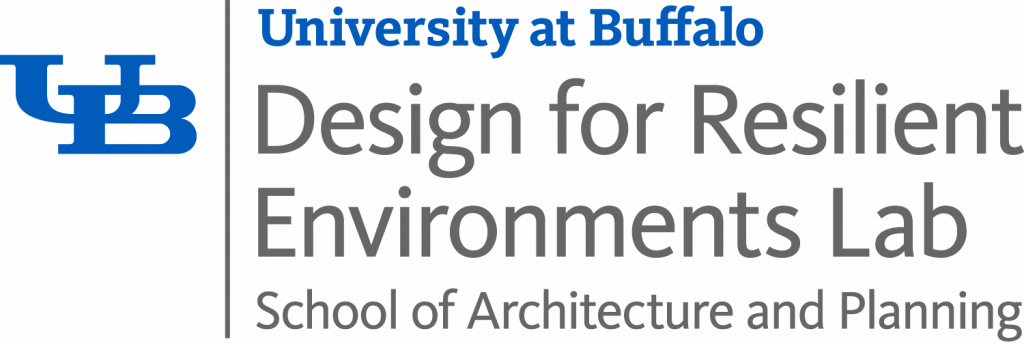
Aligning Housing Consolidation with Climate Adaptation in El Paso, Texas
This project investigates the intersection of housing policy and climate adaptation in El Paso, a desert city confronting extreme heat, prolonged drought, and uneven urban development. Through detailed building-level documentation and urban design strategies, it visualizes how diverse housing adaptations can mitigate overlapping risks—particularly where environmental degradation and housing informality converge.

